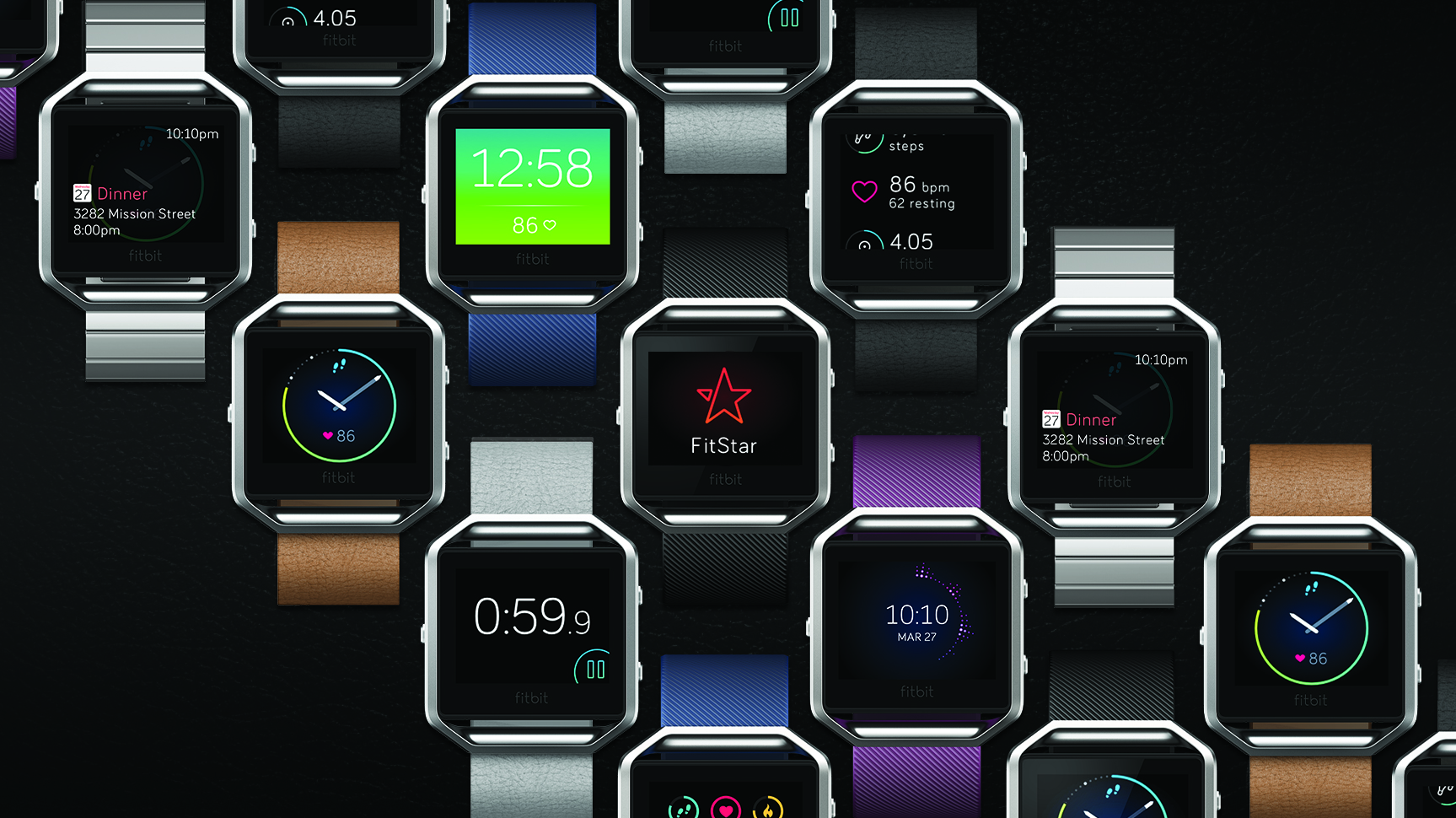Google seeks FDA nod for passive AFib detection with Fitbit

Tech giant Google has filed for FDA approval to use its Fitbit wearable to help detect atrial fibrillation (AFib), a common heart abnormality that raises the risk of heart attack, stroke and sudden death.
Fitbit is already approved by the FDA to provide electrocardiogram (ECG) monitoring of heart rhythms, and in 2020 its Sense Smartwatch was cleared by the regulator to use the ECG functionality to detect AFib – although that requires active input from the user.
The latest application takes that a step further. Using optical photoplethysmography (PPG) sensors and a heart rate monitoring algorithm, Fitbit devices can now passively examine heart rate data and alert users of irregular heart rhythms automatically.
At last year's American Heart Association meeting, Google presented the results of a study involving 450,000 Fitbit users showing that the algorithm accurately identified undiagnosed AFib 98% of the time when combined with an ECG patch sent to those who received an alert from the wearable.
There was a fairly high rate of false positives in the study, which could lead to unwarranted patient anxiety and lead to unnecessary clinic visits and tests, said the investigators, although that needs to be balanced against the benefits of catching some cases of AFib early.
The results of the study were in the same ballpark as the accuracy shown in a large-scale study that backed approval of the Apple Watch for AFib detection, approved for the wearable in 2020 with a claimed accuracy of around 99%.
AFib is common in the US, affecting around 12.1 million people, with advancing age, high blood pressure and obesity all common risk factors for the condition. One out of every four people will experience AFib at some point in their lifetime.
Google – which acquired Fitbit for $2.1 billion in 2019 – also announced this week that it its search results in the US will soon show available appointment slots with local doctors and clinics when looking for care, thanks in part to a partnership with CVS' MinuteClinic network.
The company also announced that in Japan, Brazil and India, YouTube has started adding health source information panels on videos to provide context that helps viewers identify videos from authoritative sources, as well as health content shelves that more effectively highlight videos from reliable sources.












